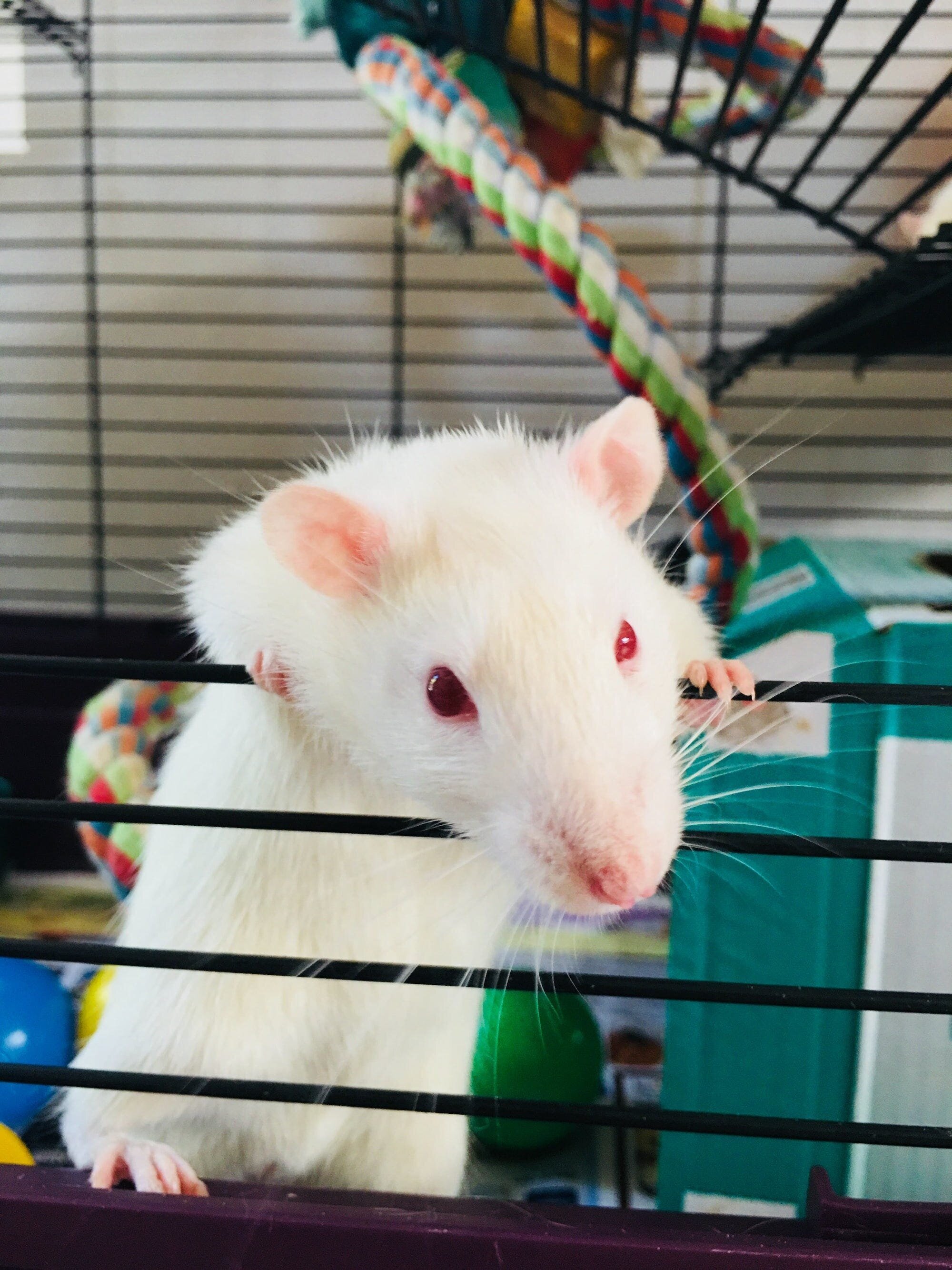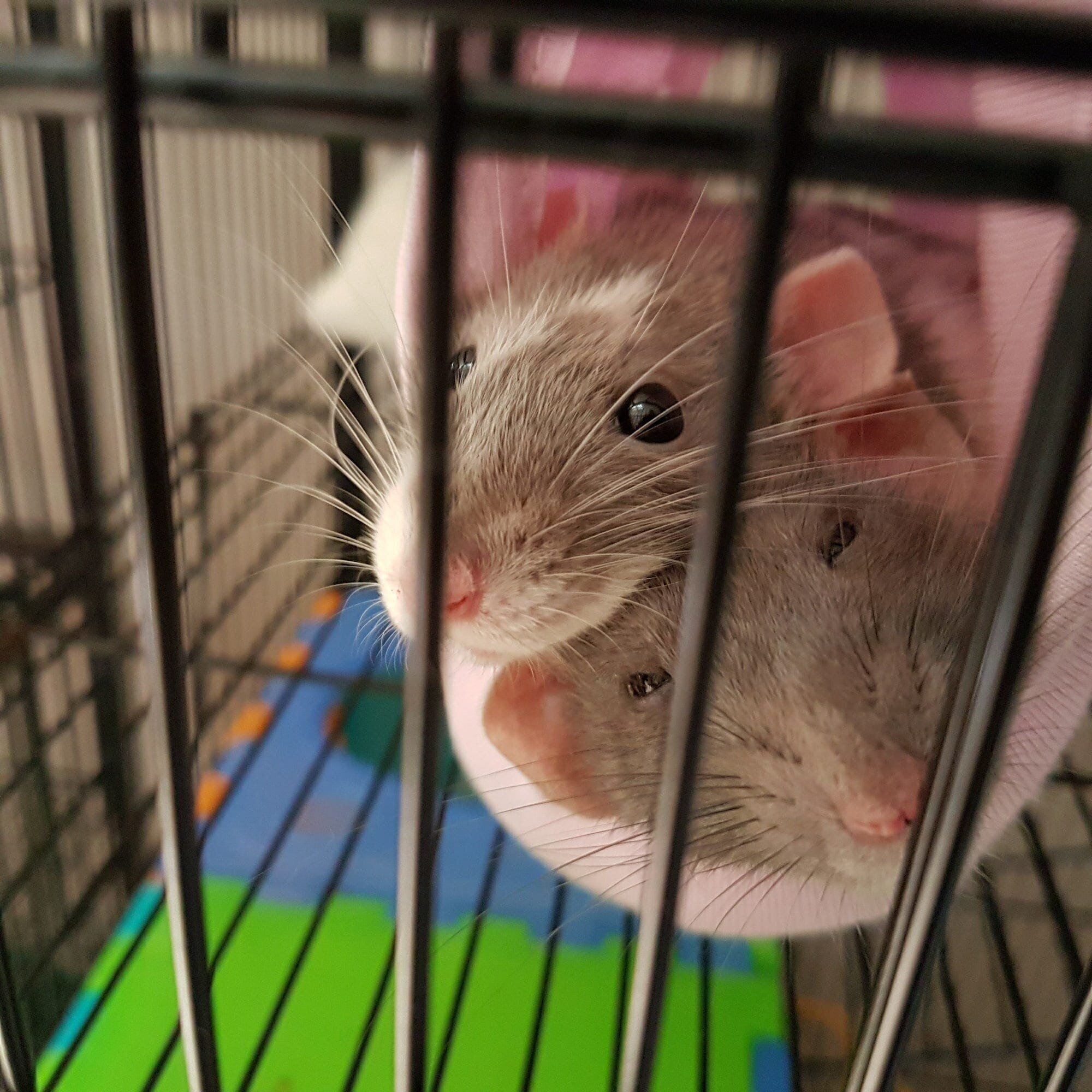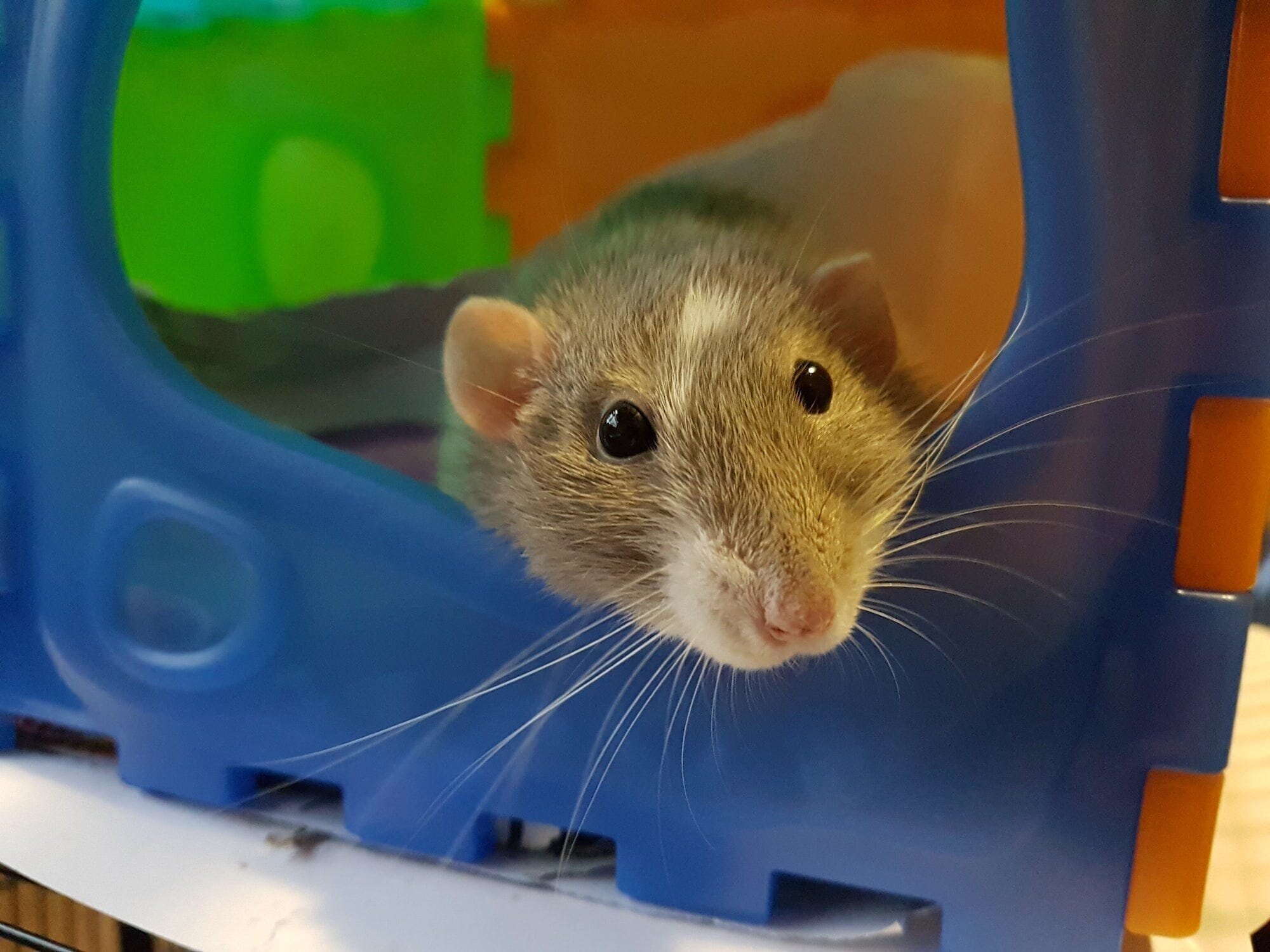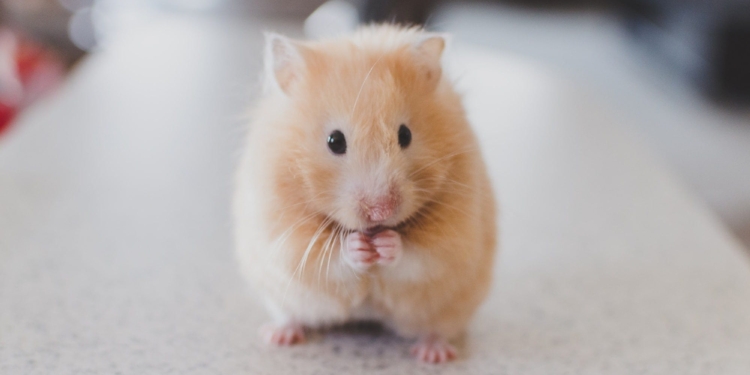Contents
Rats may not be the first animal that comes to mind when thinking about pets, but they make fantastic companions for those willing to give them a chance. They are affectionate, intelligent, and highly social creatures that can form strong bonds with their owners. In this article, we will explore why rats make great pets and how to properly care for them.
Why Rats Make Great Pets: A Guide to Caring for Your Furry Friends
Brief Overview of Different Types of Rats That Can Be Kept as Pets:
Two types of rats are commonly kept as pets: fancy rats and hairless rats. Fancy rats are the most popular and come in a variety of colors and patterns. Hairless rats, as their name suggests, do not have any fur and can be more prone to health issues, but are still great pets.
How to Choose a Rat as a Pet
Choosing the right rat as a pet is crucial for a positive pet ownership experience. Here are some tips to help you choose the right rat:
- Breed: Different rat breeds have different personalities and needs. Research different breeds and choose the one that best fits your lifestyle and preferences.
- Age: When adopting a rat, consider their age. Baby rats are adorable, but they require more attention and care than older rats. Older rats may be more laid back and easier to care for.
- Temperament: Rats are social animals and enjoy being around their human companions. When choosing a rat, spend some time with them to get a sense of their personality and temperament.

How to Care for Your Rat
Rats have basic needs that must be met to keep them happy and healthy. Here are some tips on how to care for your rat:
- Cage: A cage that is at least 2 feet by 2 feet by 2 feet is suitable for one or two rats. Provide your rat with plenty of space to move around, as well as toys and hiding places.
- Food: Rats need a balanced diet that includes fresh fruits and vegetables, as well as good quality commercial rat food. Avoid feeding your rat foods that are high in sugar and fat.
- Water: Provide your rat with clean, fresh water at all times. Use a water bottle rather than a dish to prevent spills and contamination.
- Exercise: Rats need exercise to stay healthy and happy. Provide your rat with plenty of toys and opportunities to climb and play outside of their cage.
- Vet Checkups: Regular checkups with a veterinarian who specializes in small animals can help catch any health issues early on.

Common Misconceptions About Pet Rats
There are many misconceptions about rats as pets. Here are a few common ones:
- Rats are dirty: Rats are actually very clean animals and groom themselves frequently.
- Rats are aggressive: Rats are social animals and are rarely aggressive toward humans.
- Rats carry diseases: While it is true that some wild rats can carry diseases, pet rats are not a threat to human health if they are properly cared for and kept in a clean environment.
Socializing with Your Pet Rat
Rats are social creatures that love to interact with their human companions. Spending time with your pet rat can not only strengthen the bond between you and your pet, but also provide mental stimulation for your rat. When socializing with your pet rat, it’s important to make sure that they feel safe and comfortable.

Start by letting your rat get used to your scent and voice by sitting near their cage and talking to them softly. Once your rat is comfortable with you, you can start offering treats and eventually progress to holding and playing with them outside of their cage. It’s important to always supervise your rat during playtime to ensure their safety and to make sure they don’t chew on anything they shouldn’t.
A Summary of Why Rats Make Great Pets
Rats make wonderful pets for those who are willing to give them a chance. They are intelligent, social, and affectionate animals that can form strong bonds with their human companions. By following the tips outlined in this article, you can ensure that your pet rat is happy and healthy. Consider rats as a unique and rewarding pet option.
This article has been written with the help of A.I. for topic research and formulation.








